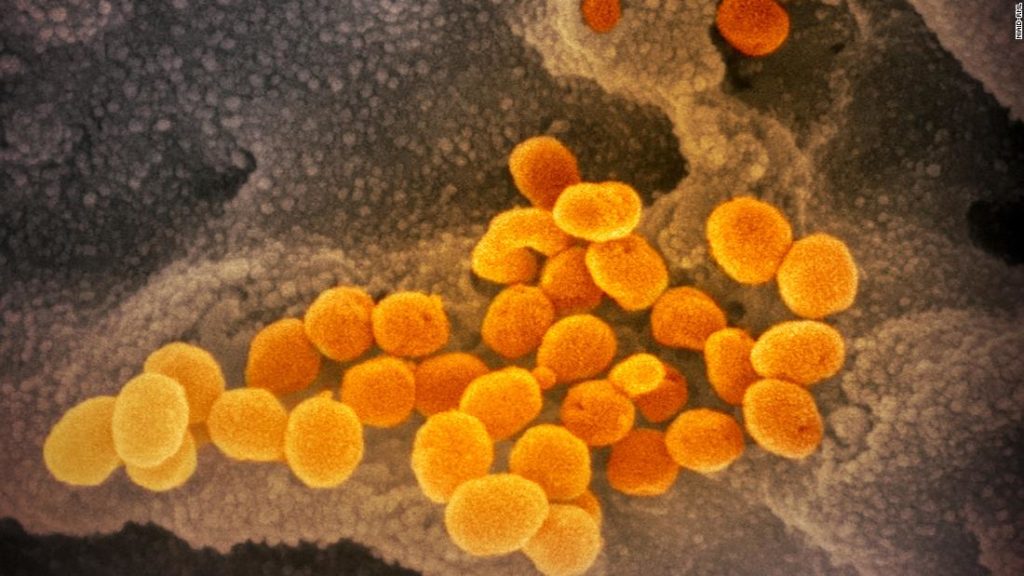
The US Centers for Disease Control and Prevention [CDC] did not meet a goal to quickly ramp up surveillance for possibly dangerous coronavirus mutations, according to numbers from the federal agency.
At the beginning of the year, Dr. Gregory Armstrong, director of the CDC’s Office of Advanced Molecular Detection at the National Center for Emerging and Zoonotic Infectious Diseases, told CNN he hoped that over the next two weeks that the agency would more than double the number of coronavirus genomes being sequenced in the US. While the number of sequences did increase over those two weeks, it did not double.
The hope was to sequence an additional 3,500 coronavirus samples per week. But only 2,250 to 2,650 additional samples were sequenced, according to CDC numbers, with more expected soon as private labs have recently come online to help in the effort.
Hunting for new mutations is a critical part of combatting the spread of the virus. While most mutations are harmless, some might be able to spread more quickly, be more deadly, or be resistant to coronavirus vaccines.
The US has been criticized for having a lackluster sequencing program. Last week, President-elect Joe Biden said he would increase funding for coronavirus surveillance efforts when he takes office.
“We simply do not have the kind of robust surveillance capabilities that we need to track outbreaks and mutations,” according to a Biden’s American rescue plan issued last week.
The US ranks 33rd in the world for sequences per 1,000 cases of Covid-19, falling behind countries that have far fewer resources, such as Senegal and Sierra Leone, according an analysis by the Broad Institute of Harvard and the Massachusetts Institute of Technology using data from GISAID, an independent data sharing initiative.
“We’re not even doing as good as Ouagadougou,” said Dr. Peter Hotez, an infectious disease specialist at Baylor College of Medicine, referring to the capital of Burkina Faso.
Hotez added that when it comes to genomic sequencing, the US comes up “profoundly small, and that’s tragic. And it’s costing American lives.”
Read the full story here.
You may also like
-
UK coronavirus variant has been reported in 86 countries, WHO says
-
NASA technology can help save whale sharks says Australian marine biologist and ECOCEAN founder, Brad Norman
-
California Twentynine Palms: Explosives are missing from the nation’s largest Marine Corps base and an investigation is underway
-
Trump unhappy with his impeachment attorney’s performance, sources say
-
Lunar New Year 2021: Ushering in the Year of the Ox

